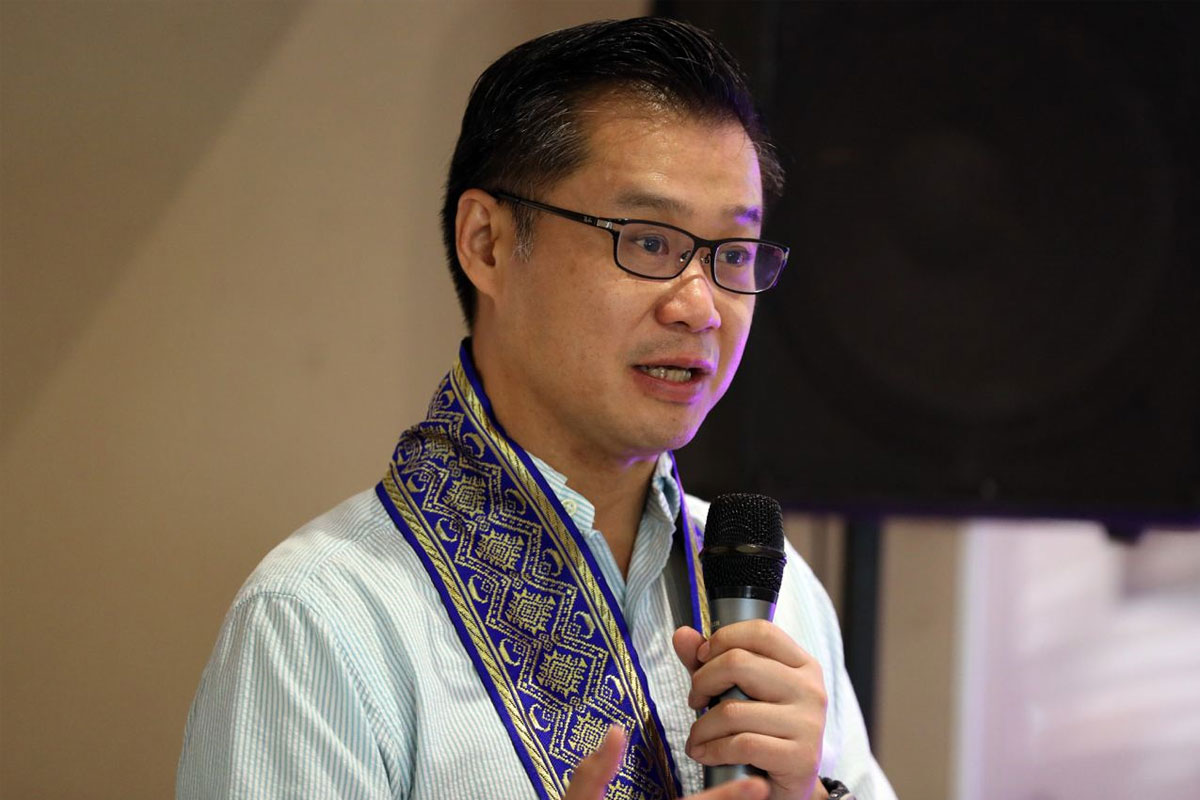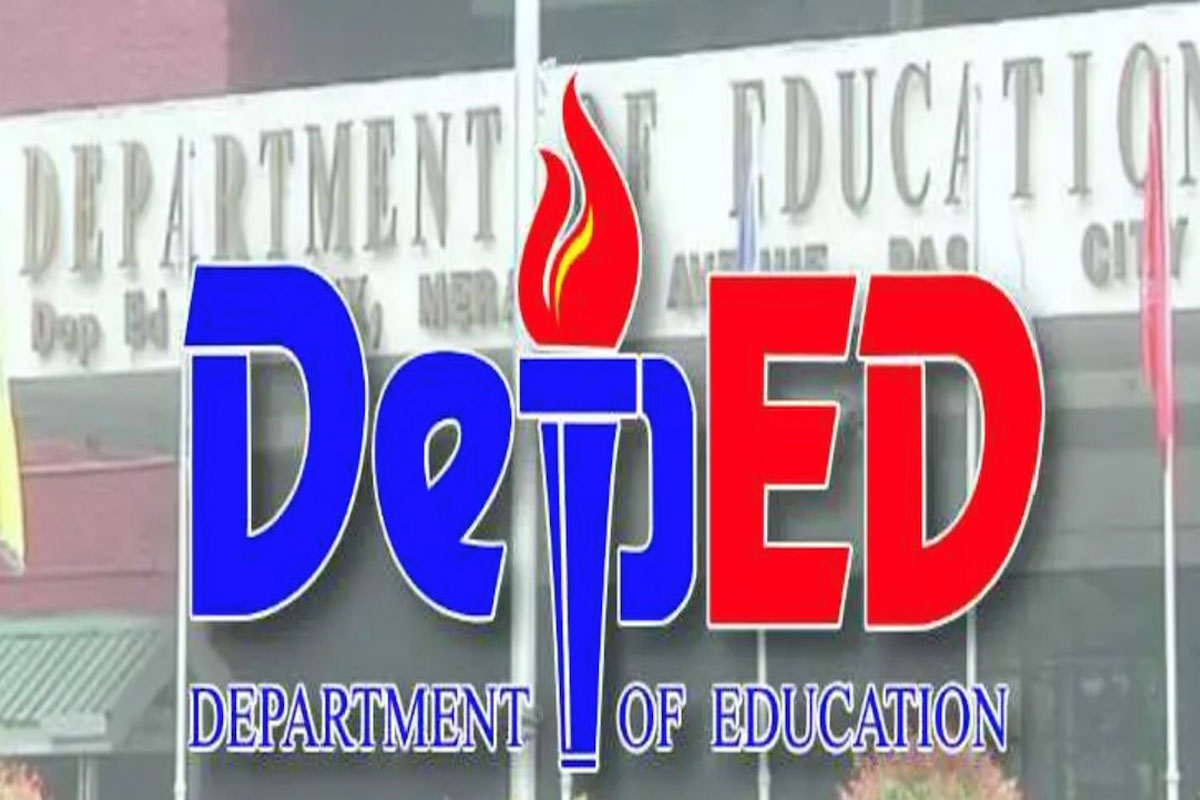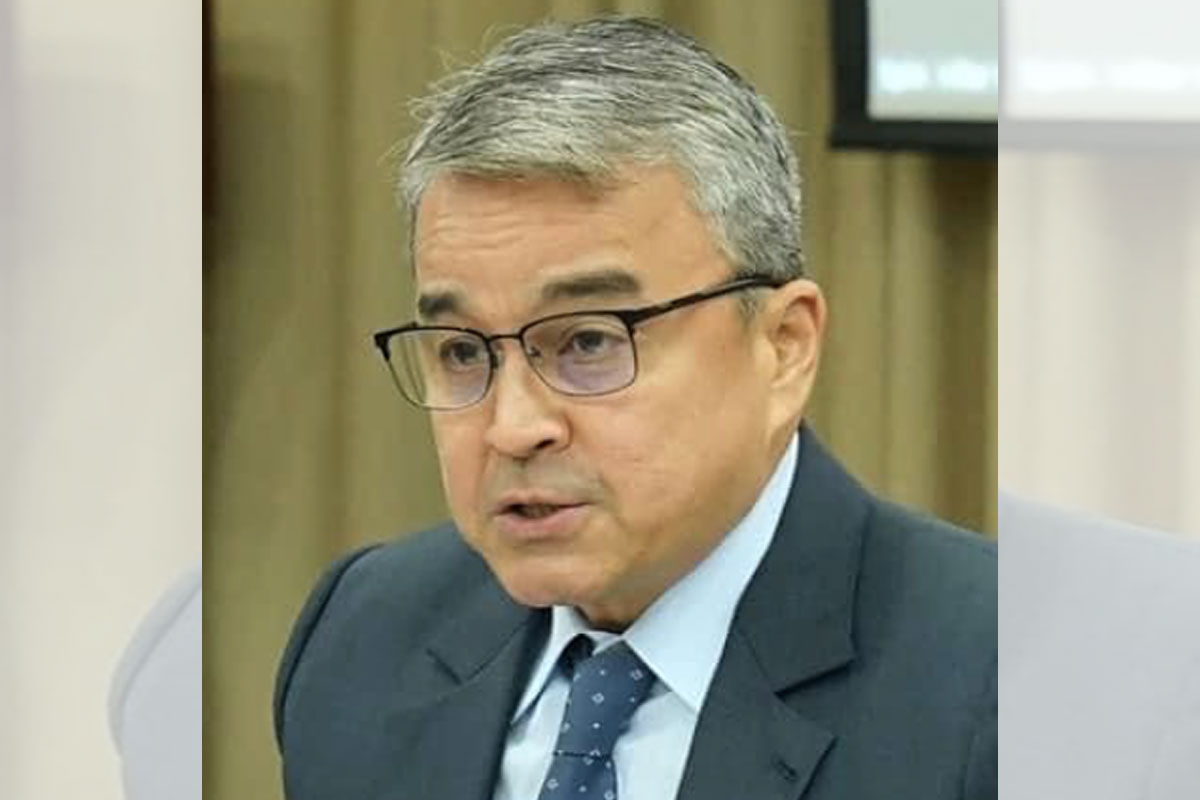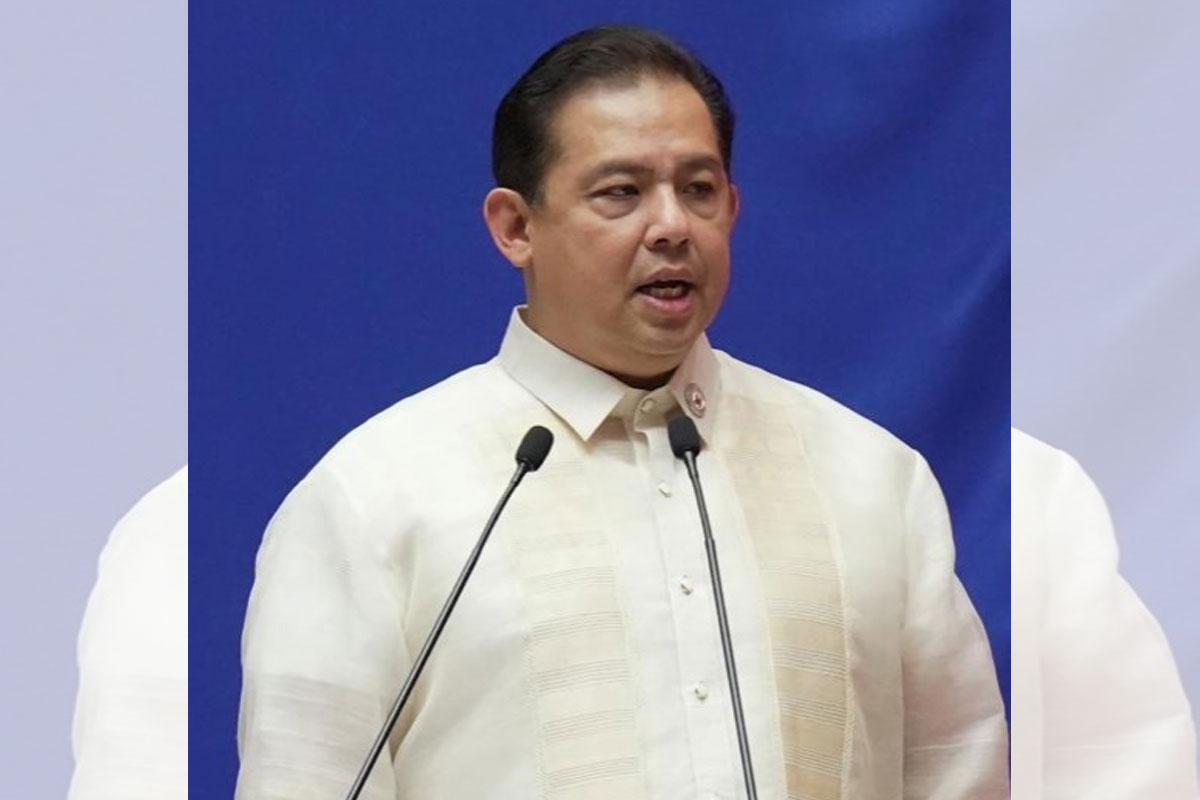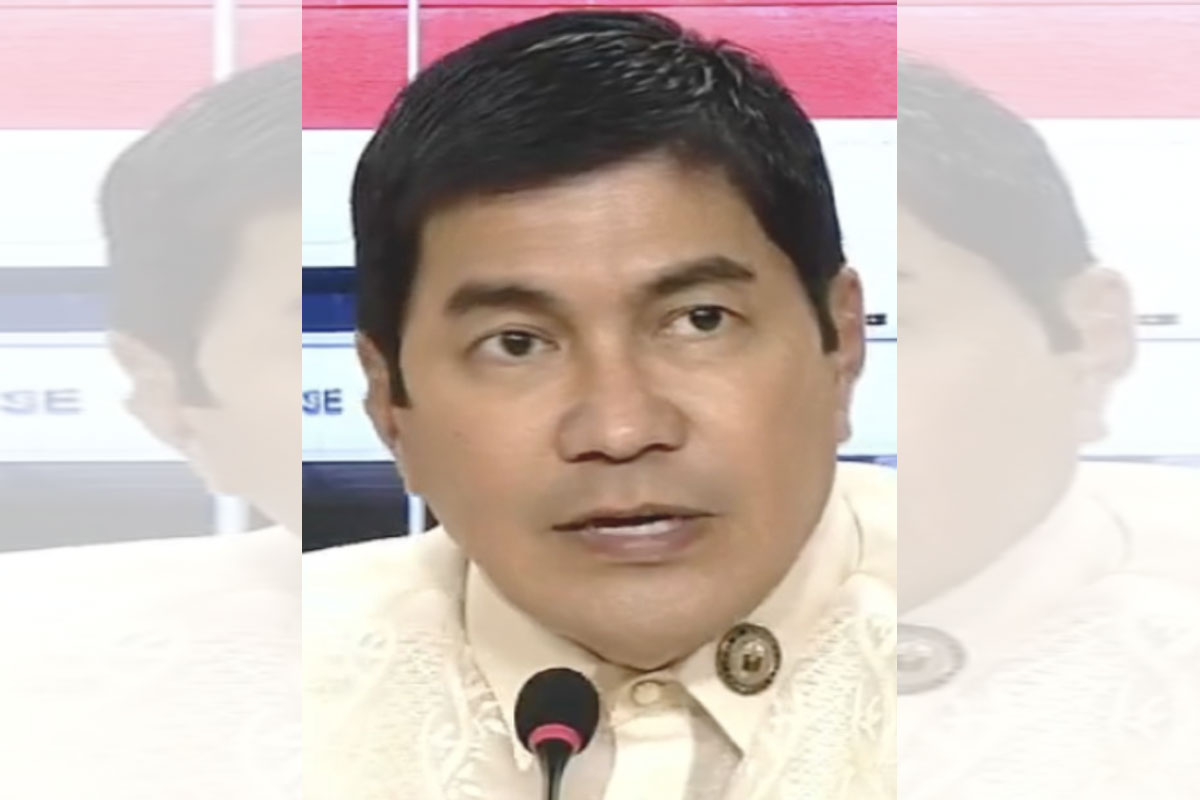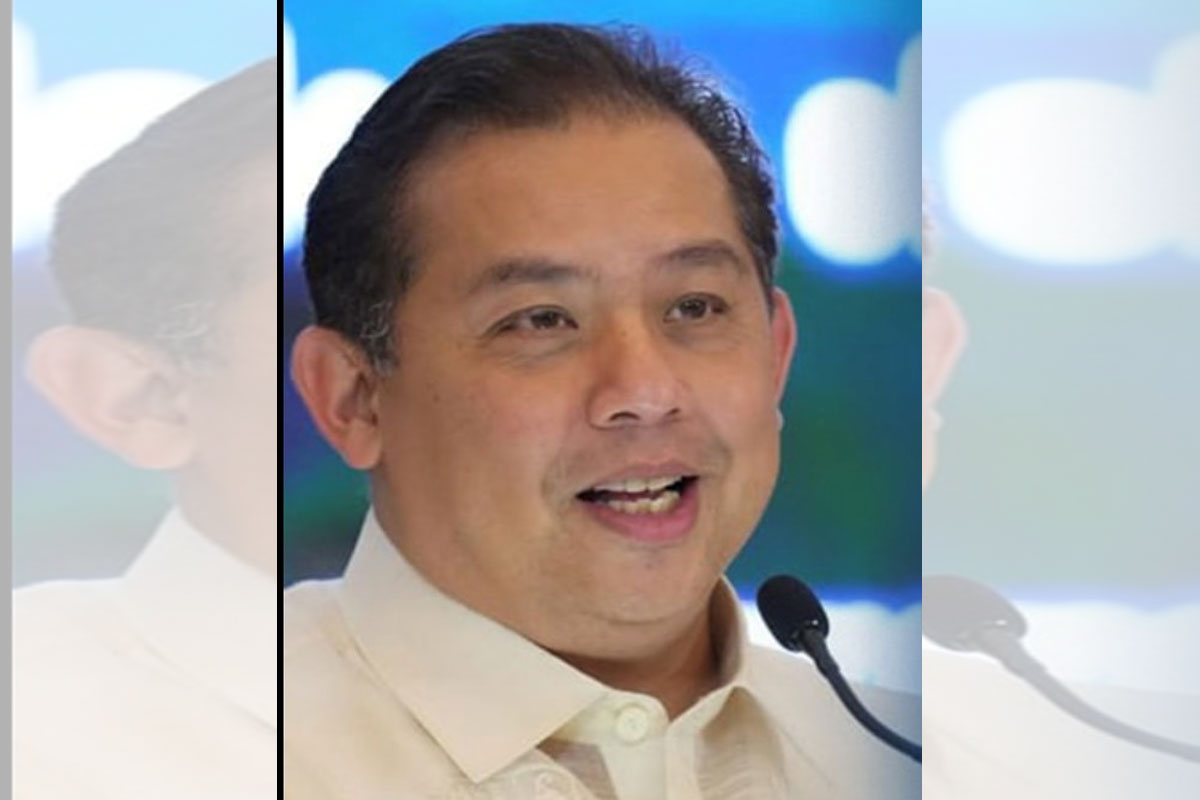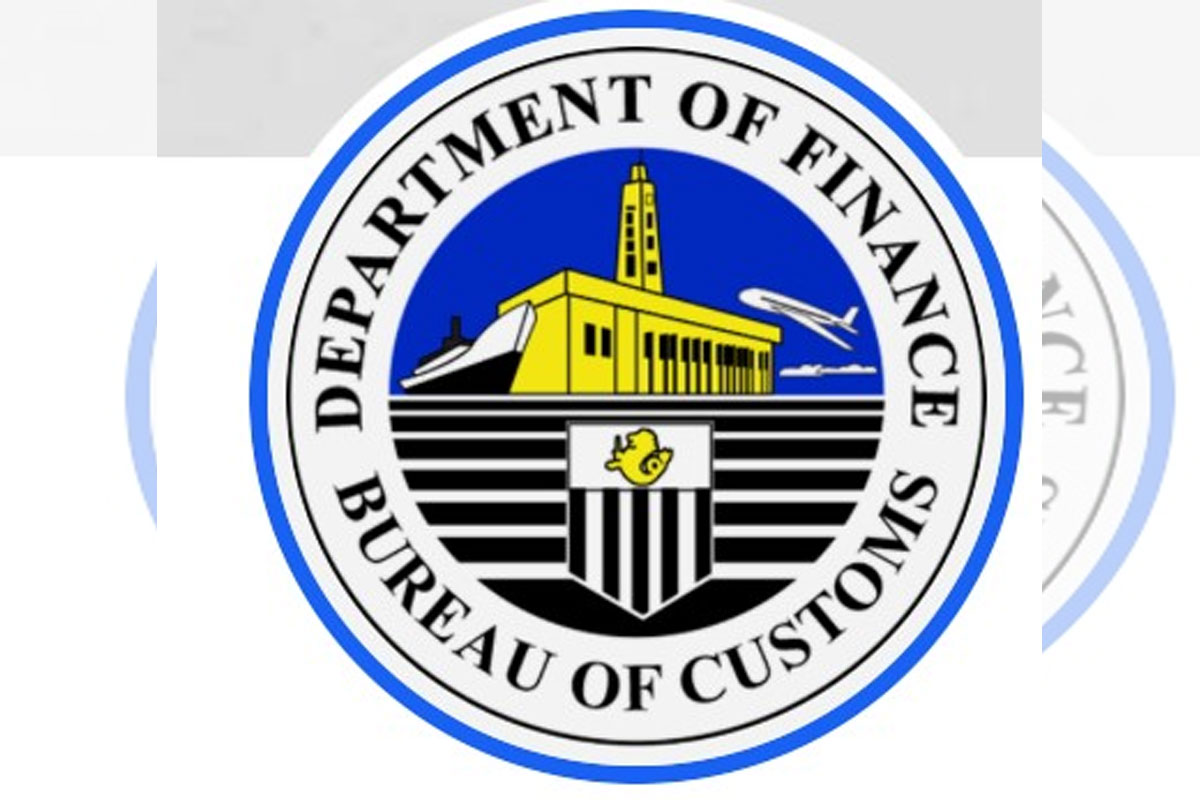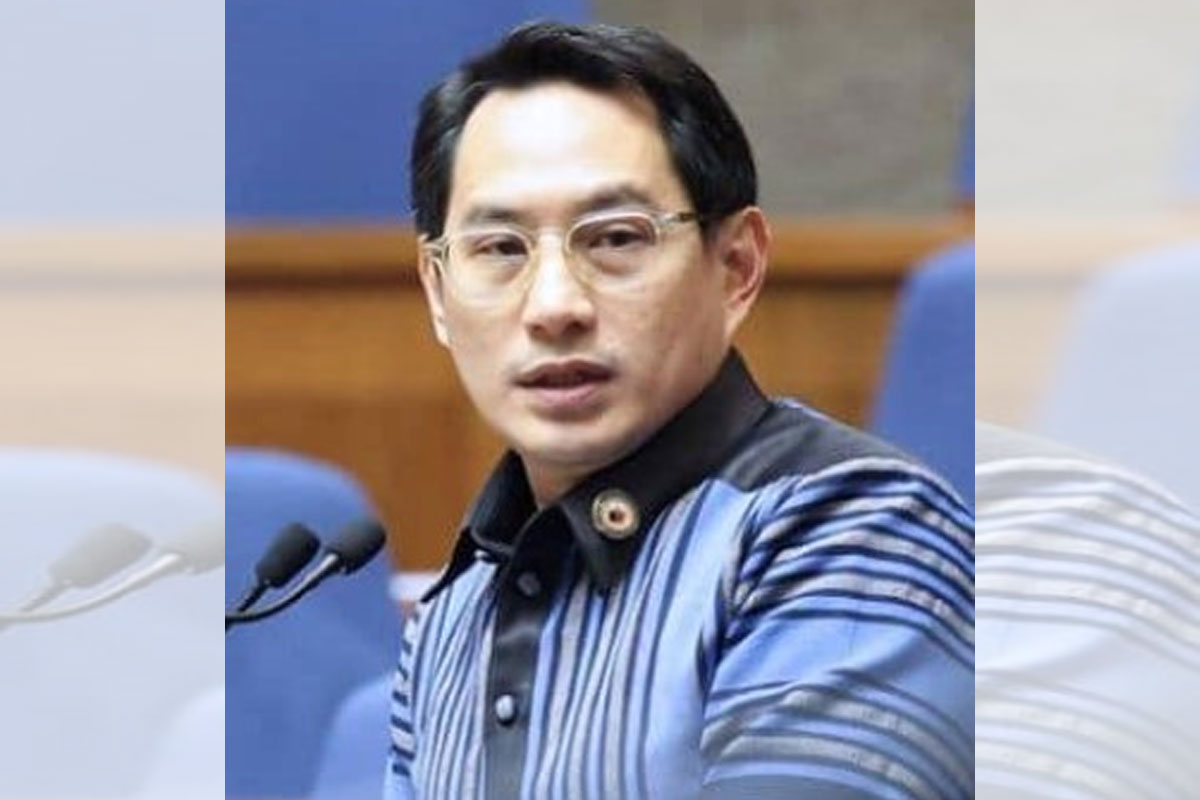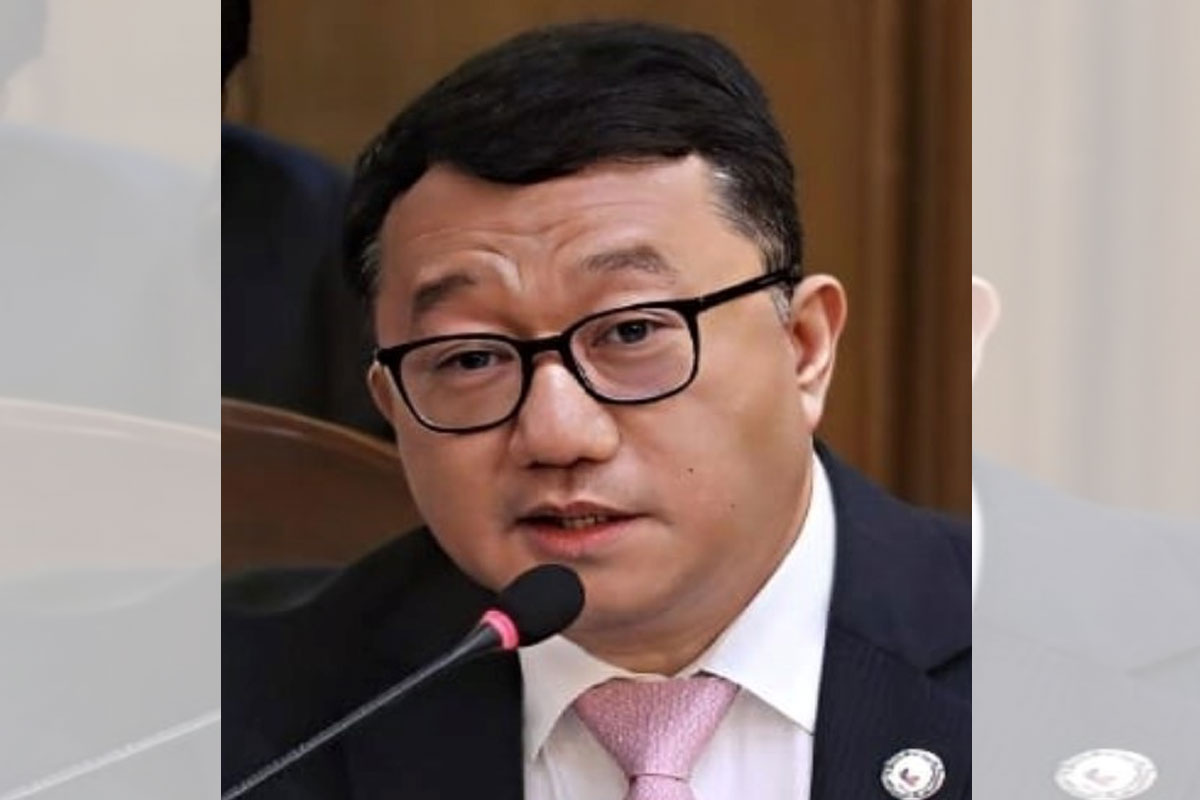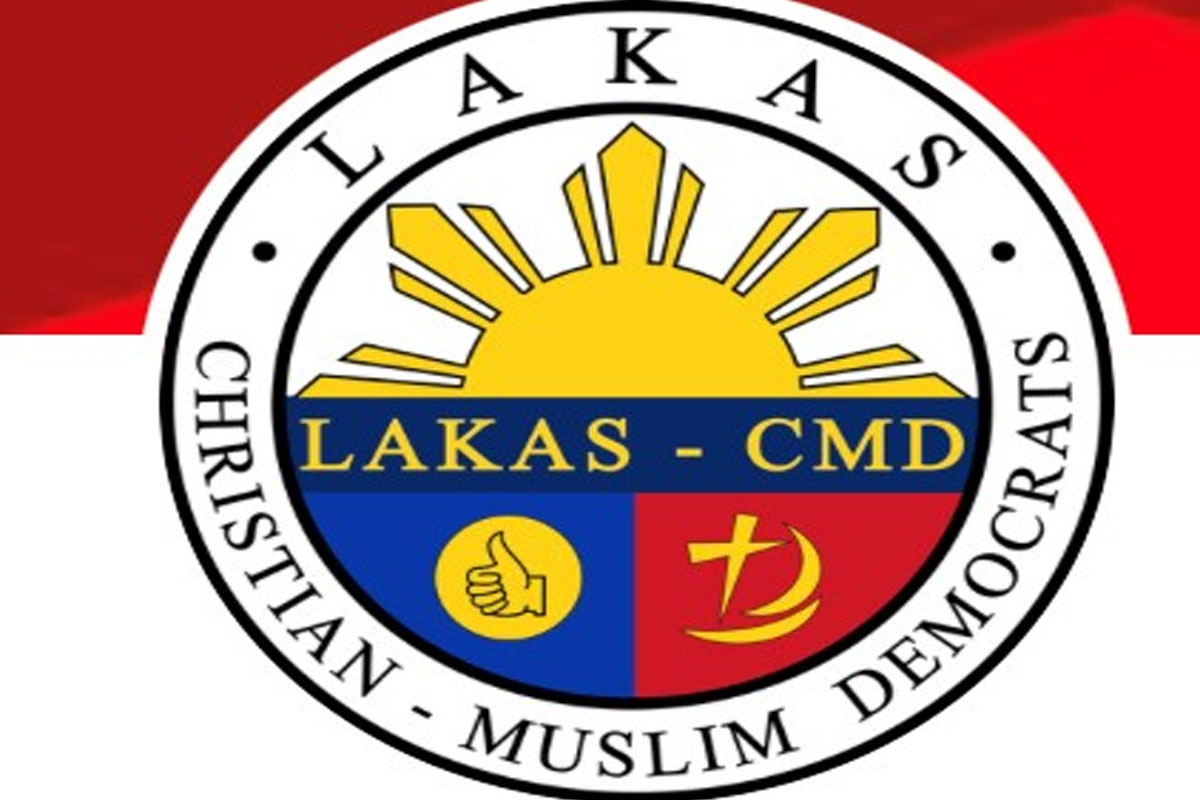
PRINCIPLES IN RESPONSIBLE MINING
Since current public policy is not keen on imposing a total ban on mining activities in the Philippines because it posits that the country deserves its “fair share” of the revenues from mining. An alternative to such clamor would be to impose policies geared to implement Responsible Mining. But is there a feasible framework (and not just an elaborate PR campaign) that would truly make such an initiative possible?
In a paper published by Marta Miranda, David Chambers, and Catherine Coumans the principles and rights-based approach to Mineral Development was highlighted as a response to the need to promote Responsible Mining.
As mentioned in this study, many of these principles are enshrined in international agreements and constituted key underpinnings for the work conducted in prior stakeholder engagement processes, such as the World Commission on Dams and the Extractive Industries Review (EIR). The recommendations highlighted in this report are based on seven common principles stemming from international agreements, such as Agenda 21 and the Rio Declaration, which have been incorporated into many domestic jurisdictions around the world.
Citing such international principles to establish a “Framework for Responsible Mining”, Miranda, Chambers and Coumans elaborates on the following Ideological Thrusts:
FIRST PRINCIPLE: Sustainable development – The principle of sustainable development provides the key foundation for the remaining six principles. Initially articulated in the Brundtland Commission report, sustainable development is commonly accepted to mean “development that meets the needs of the present without compromising the ability of future generations to meet their own needs.”
SECOND PRINCIPLE: Equity – Principle 3 of the Rio Declaration states that development must occur in an equitable manner that respects the rights of future generations while considering the current needs of society. In this context, equity implies fairness in the distribution of costs and benefits of development, as well as in the treatment of women and other traditionally marginalized groups.
THIRD PRINCIPLE: Participatory decision making – Principle 10 of the Rio Declaration states that all citizens have the right to participate in natural resource development decisions, which must be accompanied by effective access to information and opportunities to seek appropriate forms of redress and accountability if agreements are not respected.
FOURTH PRINCIPLE: Accountability and transparency – Corporations are increasingly held accountable to a broad range of stakeholders, including their shareholders, employees, affected communities, and governments. In the mining sector, this implies that companies should support independent monitoring and oversight and disclose the impacts of their operations.
FIFTH PRINCIPLE: Precautionary approach – Interpreted in the context of mining, the precautionary principle implies that governments have the right to decide against promoting development and to establish regulations to prevent serious environmental degradation when development proceeds. It also implies that governments should exercise precaution when considering new mining technologies that may negatively impact the livelihoods of future as well as current generations.
SIXTH PRINCIPLE: Efficiency – For the mining industry, this principle implies greater efficiency in the use of energy and water, maximizing reuse and recycling of materials, including the metals produced, and minimizing waste. This “cradle to grave” approach to mineral development also entails establishing links throughout the mineral product supply chain to promote greater eco-efficiency in minerals use.
and SEVENTH PRINCIPLE: Polluter pays – National legislative frameworks have recognized that individuals and corporations responsible for generating pollution are responsible for paying for cleanup and environmental remediation. The polluter pays principle is captured in Principle 16 of the Rio Declaration, which states that countries are responsible for ensuring that polluters pay for costs associated with development.
In CONCLUSION, let me just reiterate that these “common principles” suggested as KEY RESULT AREAS within a Responsible Mining Framework are still just mental constructs which needs the political will and collective action from all stakeholders in order to make this vision a reality. So as good as we are in paper and concepts, now is the time to WALK our TALK. These principles should be embodied in various “Implementing Rules and Regulations” so as to concretize these ideological thrusts into tangible operational mechanisms. This is the only way to make Responsible Mining not just a “PR campaign” but a concrete social response to an industry slowly losing its credibility amidst various environmental debacles.
————————oOo——————————
For any personal comments or suggestions, you may call or text at 09174805585 or email me at [email protected].


